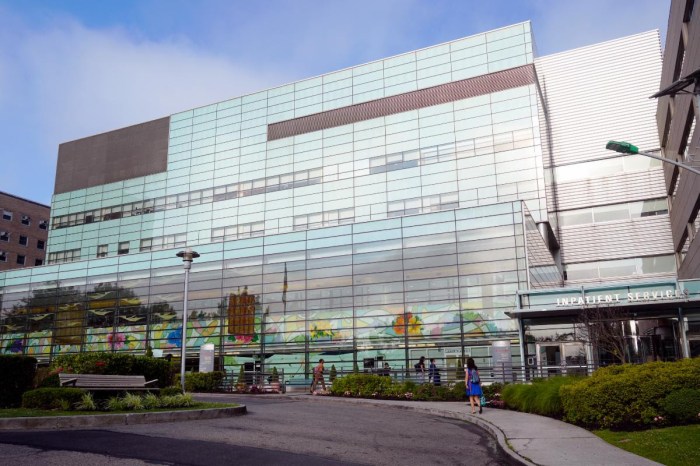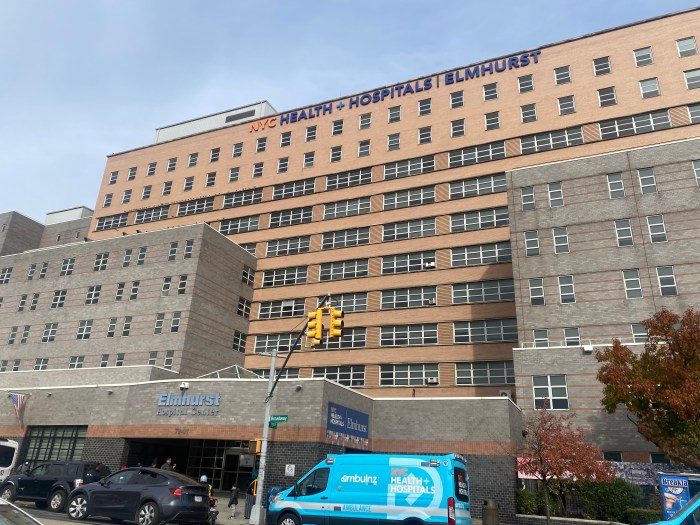With several cases of coronavirus diagnosed in New York, State Attorney General Letitia James is taking a stand against scammers and making sure that New Yorkers know where to get help if they feel they have been scammed.
The Attorney General’s office is monitoring retailers for potential incidents of price gouging of necessary goods and entities selling bogus medical treatments that purport to effectively treat or cure COVID-19. Attorney General James also issued a “cease and desist” order to an entity that is marketing a product as a treatment for the coronavirus, even though there is currently no FDA-approved vaccine to prevent the disease or treatment to cure it.
“As we experience more cases of coronavirus, it is imperative that New Yorkers remain calm, but stay vigilant,” said Attorney General James. “In addition to being mindful about our health, we must also beware of unscrupulous actors who attempt to take advantage of this fear and anxiety to scam or deceive consumers. I encourage anyone who believes they are the victim of a scam or predatory action to contact my office and file a complaint.”
Attorney General James is warning New Yorkers to be mindful of scammers that are selling fake treatments and to learn the facts about coronavirus. There is currently no FDA-approved vaccine to prevent the disease, so ignore offers promising otherwise. For updates regarding the disease, you can visit the CDC website or the New York State Department of Health website. You can also call the Department of Health’s COVID-19 hotline at 1-888-364-3065.
The Attorney General’s office is encouraging shoppers to report retailers that are excessively raising the price of goods or services that are vital to the health, safety, or welfare of consumers. Those businesses can be reported to the Attorney General’s office.
Finally, Attorney General James is telling New Yorkers to be wary of potential charity scams and coronavirus-related investment scams. If you receive a charitable solicitation, do some research to determine whether the charity is legitimate at www.charitynavigator.org or at www.give.org. Suspicious charity scams can be reported to the OAG’s Charities Bureau. The U.S. Securities and Exchange Commission has also warned investors about coronavirus investment frauds. If investors are aware of or suspect securities fraud or wrongdoing, they can contact the OAG’s Investor Protection Bureau online.
Anyone with questions about health insurance costs related to COVID-19 tests or care can call the OAG’s Health Care hotline at 1-800-428-9071.
This story first appeared on amny.com.



































